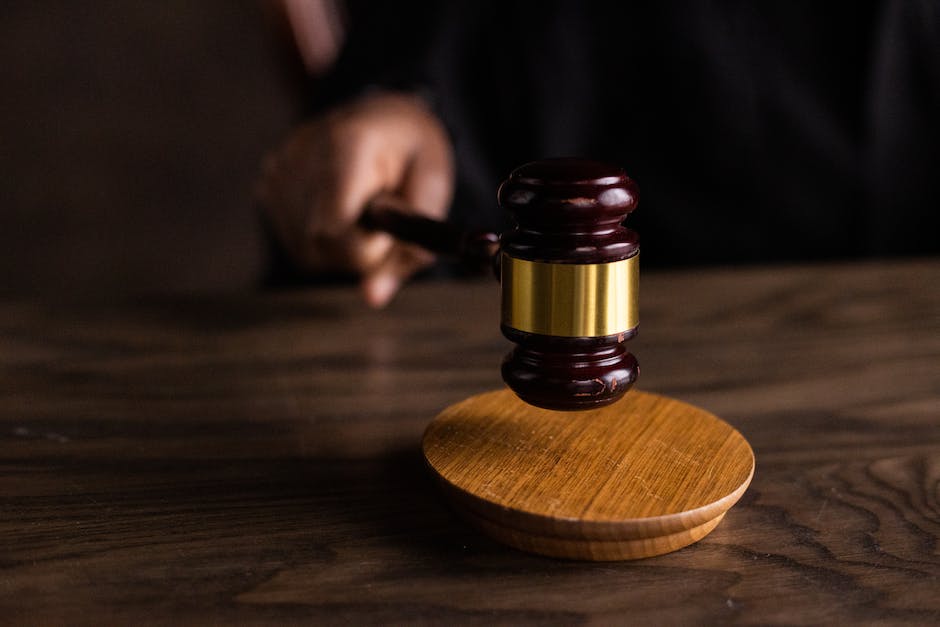As responsible citizens, it is crucial to understand the consequences of driving under the influence of alcohol. The risks posed by impaired driving are immense, not only to the driver but also to the lives of others on the road.
To deter such dangerous behavior, strict laws and penalties are in place. If you find yourself in this situation, you might be wondering: What is the maximum fine for driving and drinking?
Dangers of Drinking and Driving
Before we discuss the legal implications and fines associated with driving under the influence, it is vital to recognize the dangers of this behavior. Alcohol impairs judgment, reduces reaction time, affects coordination, and impairs concentration.
These effects can lead to devastating consequences, such as car accidents, injuries, and even loss of life. It is crucial to prioritize the safety of oneself and others by making responsible choices and never getting behind the wheel after consuming alcohol.
With that being said, what is the maximum fine for driving and drinking?
Understanding the Legal Consequences
The cost of a DUI conviction is more than just a hit to your driving record – it also comes with significant financial consequences. Fines are among the most common penalties for a DUI, and they can range from a few hundred dollars to several thousand, depending on a variety of factors.
The legal system takes driving under the influence very seriously, and the penalties vary depending on several factors, including jurisdiction and the offender's prior record.
In the United States, for instance, individual states may have different laws and penalties regarding driving under the influence (DUI) or driving while intoxicated (DWI). It is essential to consult the specific laws and regulations in your jurisdiction to understand the exact consequences you may face.
Maximum Fine for Driving and Drinking
When it comes to the maximum fine for driving and drinking, it is important to note that penalties can differ significantly depending on various factors. These factors may include the blood alcohol concentration (BAC) level, prior offenses, and the jurisdiction where the offense occurred. The fines imposed by the court can range from hundreds to thousands of dollars.
To illustrate, let's consider an example. In the state of California, the maximum fine for a first-time DUI offense can be up to $1,000. However, it is essential to remember that fines are not the only consequences one may face. Other penalties may include license suspension, mandatory alcohol education programs, probation, and even imprisonment in severe cases.
Factors That Influence DUI Fine
Several factors can influence the amount of a DUI fine. These include:
-
Prior DUI convictions: Those with prior DUI convictions will likely face higher fines. Repeat offenders are viewed more severely in the eyes of the law, leading to steeper penalties.
-
Severity of the offense: If your DUI resulted in property damage, injury, or death, the fine will likely be higher. Similarly, a higher blood alcohol content (BAC) at the time of the arrest can also result in a higher fine.
-
State laws: DUI fines vary significantly by state. Some states have maximum fines in the low thousands for a first-time offense, while others may impose fines of $10,000 or more.
Tips to Avoid Drinking and Driving
Rather than focusing solely on the penalties and fines associated with driving and drinking, it is essential to prioritize prevention. Here are some useful tips to help you avoid the dangers of drinking and driving:
-
Plan ahead: If you know you will be consuming alcohol, make arrangements for a designated driver or use alternative transportation options such as taxis, ride-sharing services, or public transportation.
-
Be a responsible host: If you are hosting a gathering where alcohol will be served, ensure your guests have safe transportation options or consider providing accommodations for those who cannot drive.
-
Educate yourself: Learn about the legal limits and consequences associated with impaired driving in your jurisdiction. Understanding the potential penalties can serve as a deterrent and help you make informed decisions.
-
Encourage others: Be an advocate for responsible behavior. Encourage your friends, family, and colleagues to make responsible choices and never drive under the influence.
Frequently Asked Questions
1. What is considered driving under the influence?
Driving under the influence refers to operating a motor vehicle while impaired by alcohol or drugs. The impairment can affect an individual's ability to safely control the vehicle and respond to traffic conditions.
2. Can I be charged with driving under the influence if I am below the legal blood alcohol concentration (BAC) limit?
Yes, even if your BAC is below the legal limit, you can still be charged with driving under the influence if there is evidence of impairment. The legal BAC limit is simply a threshold, and law enforcement officers can use other observations, such as erratic driving or failed field sobriety tests, to establish impairment.
3. What are the potential consequences of a DUI conviction?
The consequences of a DUI conviction can vary depending on the jurisdiction and the specifics of the offense. Common penalties include fines, license suspension, mandatory alcohol education programs, probation, community service, and even imprisonment for repeat offenders or cases involving injury or death.
Conclusion
We hope this guide has shed light on the question: What is the maximum fine for driving and drinking?
The maximum fine for driving and drinking can vary depending on several factors, including the jurisdiction, blood alcohol concentration (BAC) level, and prior offenses. Driving under the influence poses significant risks to oneself and others on the road, and it is essential to prioritize safety and make responsible choices.
By understanding the dangers and legal implications, as well as implementing preventive measures, we can work together to create safer roads and communities. Be a responsible driver by familiarizing yourself with Florida driving laws.







